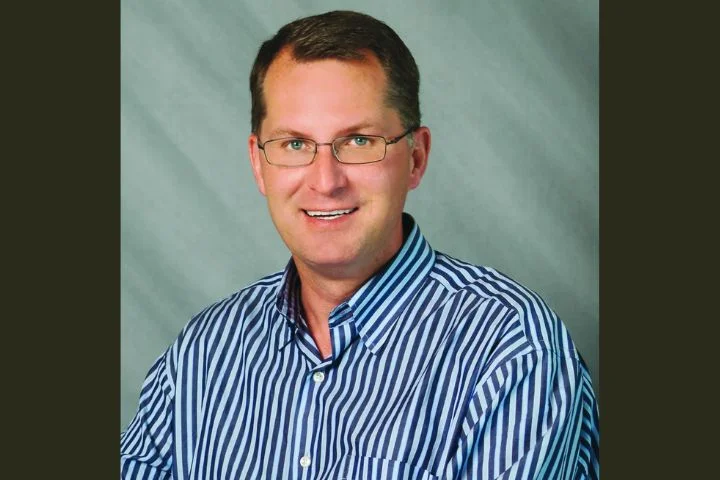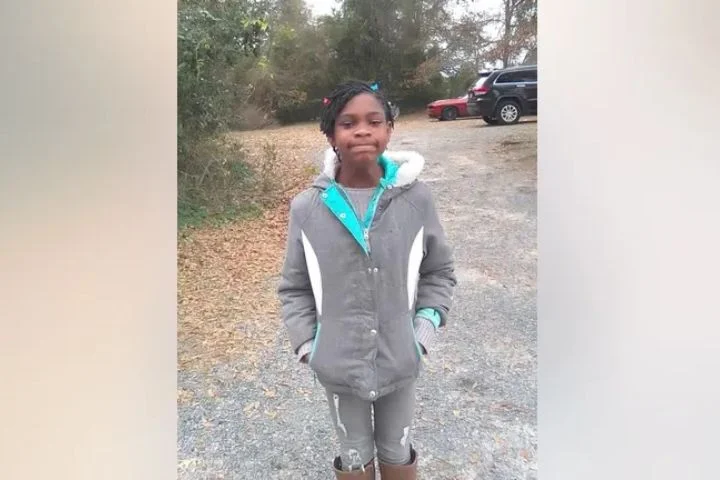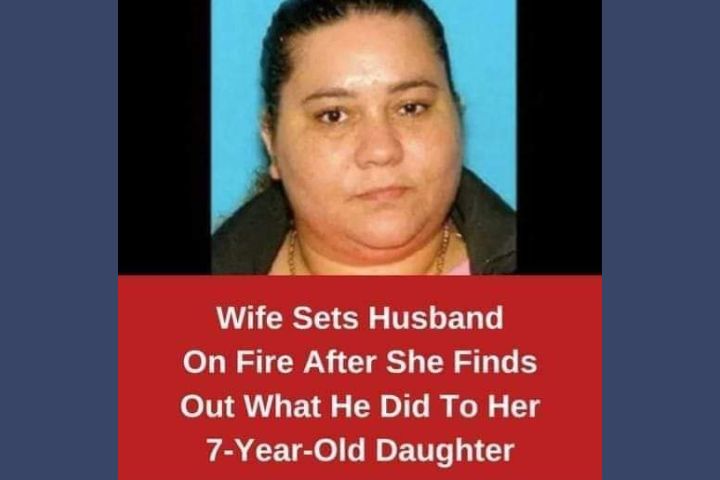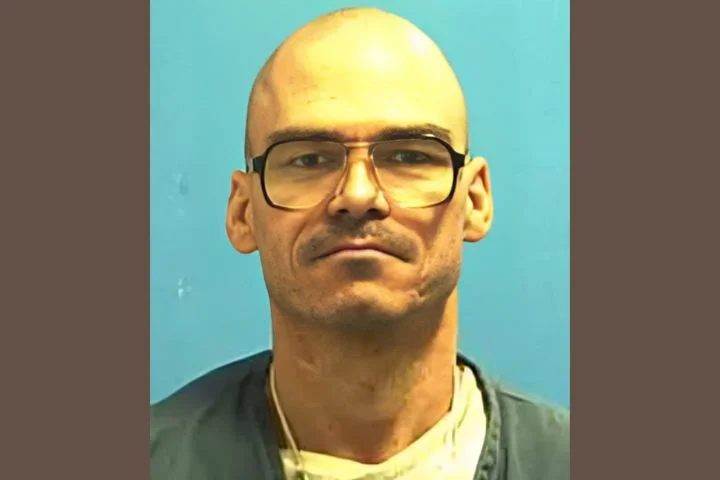Dave Pelzer’s My Story is made up of three short books in which he illustrates three different stages of his life. The first book, A Child Called ‘IT’, describes, from a child’s point of view, the horrific ab*use that he suffered at the hands of his alcoholic mother. His parents are married, however, his father is gone for work a lot, but even when he is home, he makes no real attempt to protect David from his mother, nor do his other brothers.
The next book, The Lost Boy, tells of how his school nurse, principal, and a few teachers finally rescue him after years of knowing of the ab*use he’s endured. He goes to live in a few foster homes where, for the first time, he has normal freedoms of a child and he gets into some trouble with all the freedom and struggles to accept that he is now exiled from his parents’ home and life.
The third book, A Man Named Dave, centers around his conflicts and success from enlisting in the Air Force, the failures but also maturation and the birth of his son in his first marriage, learning that he does not need to nor can he ever always please everyone, and how to let go of the demons his mother created and learn to love himself and his new wife, Marsha.
The abu*se started when Dave was about 4 years old and continued until he was rescued at the age of 12. He was the only one of his brothers single out as the target of his mother’s extreme a*buse. He endured psychological, physical, and verbal ab*use. His mother constantly called him names and made him feel not good enough; she completely emotionally rejected him.
She convinced him that he was the reason for his parents’ fighting. She withheld food, sometimes for days at a time. She physically beat him every day; she once even stabbed him with a knife. She locked him in the bathroom with toxic fumes, made him sit on his hands in the basement or on rocks in the backyard every night while the family ate dinner, and he slept on a cot in the garage for a long while. She eventually changed his name to IT, as if he were subhuman.
The closest explanation Dave’s mother ever gives him is that his voice was very loud and annoying. Although she never gives a sufficient reason for her ab*use, not that there is one, there are two possible risk factors that contributed to her violence towards him. The first is that she may have been abu*sed by her own mother. Dave’s grandmother denies ever abusing her but does admit to some emotional abu*se by telling his mother that she wasn’t good enough; she would never succeed as a nurse. He was not convinced that his grandmother did not abu*se his mother; he thought that maybe his grandmother’s actions were considered within the norm of child rearing back then and therefore not considered ab*use as it is today.
The other risk factor is his mother’s gradual and increasing use and eventual ab*use of alcohol. His beatings and other punishments seemed to happen only when she was drunk because in most of the violent occurrences he mentions the smell of alcohol on her breath and her red or glazed eyes. When she was not drinking he notes that she would get dressed up and put make up on and was the loving mother they adored.
Due to his mother’s violence, Dave was outcast at school. He smelled bad because of the lack of good hygiene at home. He was considered deviant because he was stealing food from school. He was constantly teased or ignored. He developed coping techniques, mostly out of the need to survive his mother’s intense violence, but these techniques, over time, were stumbling blocks, or maladaptive in his will to succeed later in life. He was socially awkward and overly willing to please others, especially at his own expense. When unwanted outcomes occurred, he completely internalized them, filling himself with shame and guilt, and not allowing any situational factors to be responsible. He especially struggled with learning to love himself and others.
First and foremost, his father bears the brunt of the responsibility for not protecting Dave. The day that Dave’s mother stabbed him, his father yelled at him for telling him about it instead of going to the kitchen to finish washing the dishes. He never stepped in and ordered his wife to stop. In the eight years that Dave was subjected to the cruel and evil ab*use, he continued going to school. He says that his mother no longer tried making any real effort of coming up with good excuses for all of the bruises and injuries. That means that the teachers, school nurse, principal, and other adults he saw each day could visibly see his injuries yet they did nothing.
The school nurse had been examining him regularly since the year before, and he had been reluctantly admitting to her what was happening at home, yet she took no action to have him removed from the home. His second grade teacher, Miss Moss, even reported her concerns to the school, but his principal called his mother instead of CPS or police. His grandmother called CPS once and an investigator visited the house, but his mother knew of the pending visit so she manipulated the situation by lying to Dave that all of the ab*use was over and she would forever be a good mother in the future.
No adverse findings ever came of the visit. Finally, in March 1973, the nurse made the decision to end it. She, along with the principal and a few of Dave’s teachers all met and agreed that something must be done for him. They called a police officer who came and took Dave to a foster home, his first ever loving home.
When there are signs of child ab*use, all suspecting adults should intervene. However, teachers, other school administrators, all caretakers, as well as medical professionals are especially responsible for reporting it.
Dave so badly wanted to fit it in and have friends but because of his mother’s demands and restrictions as well as the demeaning psychological and emotional ab*use he endured, he was not able to make friends. He went to school every day smelling bad. His clothes were worn, his teeth were chipped, his arms and fingers had little skin on them, and he was very small due to his mother’s long term food restriction she placed on him. He was ashamed of his appearance.
He was ashamed of his food theft, yet he did it out of necessity. He was in a constant state of anxiety and high stress, struggling to keep his home life a secret, while trying to survive and wanting to fit in. He was made much more vulnerable to being taken advantage of due to his very low self-esteem which created difficulties in making good friends. He knew he was different from most of the other kids. He felt he was the only child in the world living in an abusive home and that made him feel alone and unable to ever connect with other kids.
Today, Dave is a hard-working, responsible, very driven, loving father and husband, and advocate for all of the ab*used children who cannot speak for themselves. Through all of his unimaginable childhood horror, he escaped, almost unscathed. He of course had extremely low self-esteem and a constant need to over-please everyone in his attempt to avoid confrontations. He did not love himself and so could not romantically love another. He also wrestled with an overwhelming desire to know why he his mother had been so violent to him. This desire to know why tripped him up a few times on his road healing but he finally realized that his own success was not dependent upon those answers and he finally grasped that he would never get those answers anyways.
He credits his social worker, Ms. Gold, and his foster parents, the Catanzes and the Turnboughs, for their concern, love, and support that made him realize his worthiness and potential. They shaped him into a well-adjusted member of society. He seems to be committed to not following the patterns of his mother’s abusive ways in that he made a promise that his son would never endure the type of childhood that he did; he vowed that Stephen would never know what it was like to not be loved.
Dave’s secret childhood life is a testament to the fact that abu*se does happen and we need advocates who want to help these children who think they have no way out.
The school personnel should have intervened much sooner than they did; it’s very unfortunate that the norms of that time period did not deem it important to provide a more timely intervention and better protection to these children. We need to advocate for those who cannot speak for themselves. We need to talk about it instead of ignore it. We need to educate society and intervene, protect, and provide counseling to our mistreated children. We should interview adults, like Dave, who have overcome their circumstances to become mature, responsible adults. What we can learn from their ways of coping and resiliency and ultimately growing into a responsible member of society, we can then use to help other ab*used children overcome and be successful.






